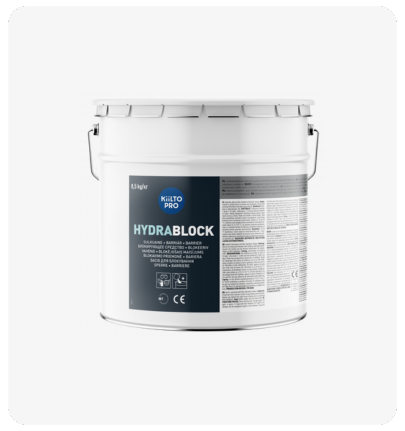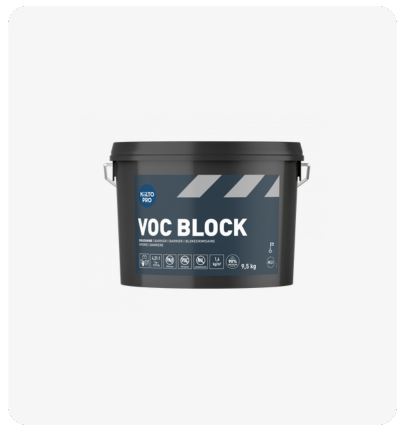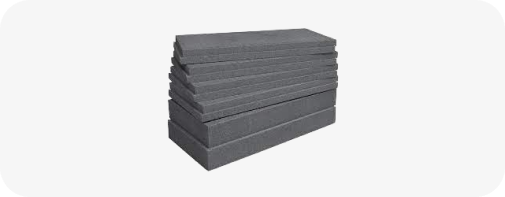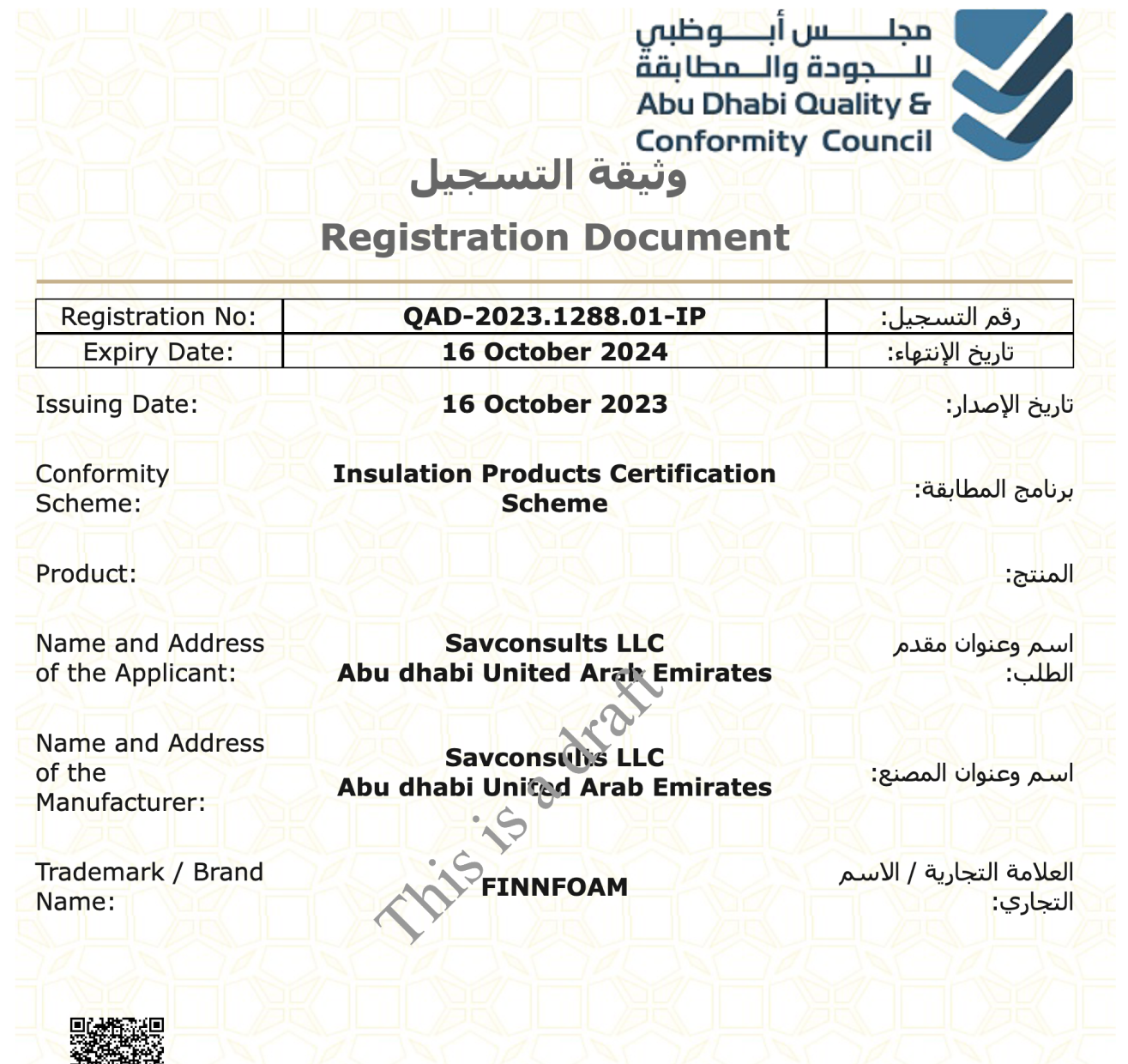Encapsulation
Kiilto’s encapsulation solutions can save buildings from unnecessary demolition and manage the life cycle of a building sustainably. By encapsulating hazardous materials like asbestos and mold, we effectively contain and neutralize them without the need for costly and disruptive demolition. This process not only preserves the structural integrity of buildings but also minimizes waste and environmental impact.

Blocking harmful emissions by encapsulation
Encapsulation is a solution that can be applied when structures release identified harmful emissions into indoor air, such as VOCs and PAH compounds. It involves trapping harmful substances into structures to prevent their emissions from escaping into the indoor air. Encapsulation is also used to control moisture resulting from capillary action and diffusion.
Examples of encapsulation applications and solutions:
NOTE: Solutions for encapsulation applications must always be designed for the particular site in question.
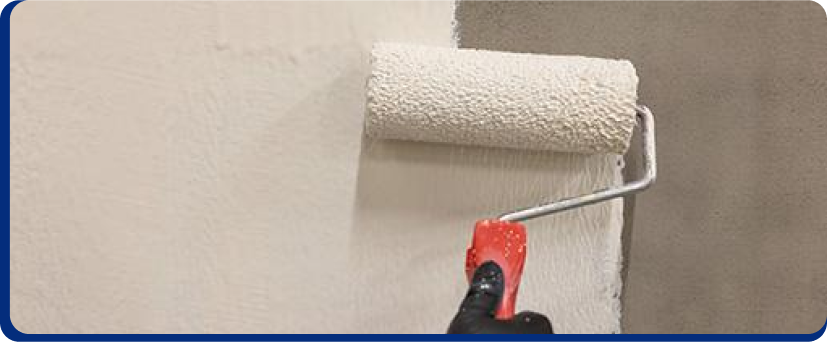
VOCs in indoor air
An indoor air study of a listed building found that harmful VOCs are released from the structures into the indoor air. A solution was designed for the building using Kiilto Pro VOC Block barrier to encapsulate harmful components in the walls and floors.
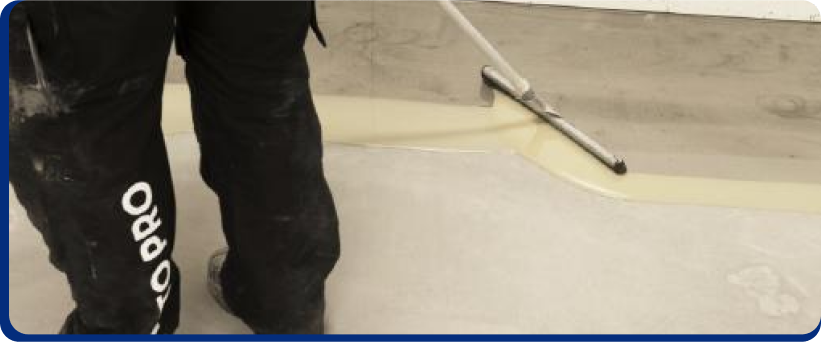
PAH compounds in indoor air
Coating containing PAH compounds on the ground slab of a detached house built in the 1960s. The chosen solution was to encapsulate the ground slab using Kiilto Hydrablock. This also dealt with the problem of possible residual moisture from the subsurface drain.
Products
Products designed for professional use to block harmful emissions escaping into the indoor air. Kiilto Pro VOC Block is suitable for the control of VOCs, PAH compounds and ammonia. Kiilto Hydrablock is suitable for controlling VOCs and PAH compounds, radon as well as moisture resulting from capillary action and diffusion

